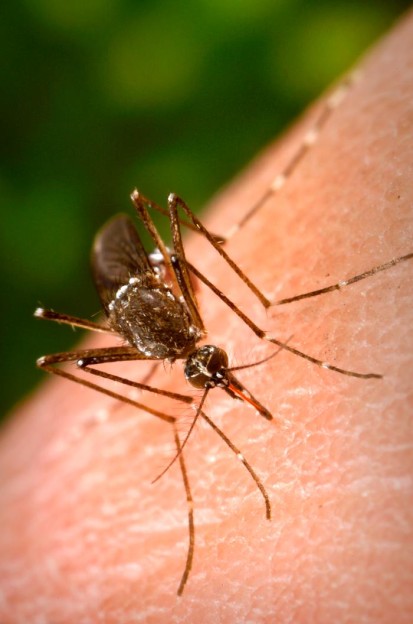Infection
South Korea issues warning about dengue and other mosquito-borne infectious diseases when traveling abroad
NewsDesk @bactiman63
The Korea Centers for Disease Control and Prevention is advising the public to be aware of and take precautions against mosquito-borne infections when traveling abroad.
Recently, as the number of mosquito-borne infectious diseases has increased rapidly due to the expansion of mosquito habitats due to climate change around the world, the number of imported patients is also increasing. A total of 144 patients were reported as mosquito-borne infectious diseases imported from abroad by August 5 of this year, an increase of about 3.1 times compared to the number of cases (46) during the same period last year.
* Dengue fever (28 → 90), malaria (14 → 45), chikungunya fever (4 → 8), Zika virus infection (0 → 1)
➊ In the case of dengue fever, Indonesia (Bali), Thailand (Phuket, Bangkok, etc.), Vietnam (Nha Trang, Phu Quoc, Danang, etc.), the Philippines (Cebu, Bohol, etc.), Laos (Vang Vieng, Vientiane, etc.), and ➋Malaria was mainly South Sudan (Bor) and Indonesia (Bali, Serang). Also, ➌Chikungunya fever was confirmed in Thailand (Bangkok, Phuket, Pattaya), Vietnam (Ho Chi Minh City), and Indonesia (Bali).
In particular, dengue fever is prevalent in Southeast Asia, a preferred travel destination for Koreans, and since last July, 13 quarantine (branch) offices have strengthened surveillance with preemptive tests for dengue fever. If you have a fever, headache, muscle pain, arthralgia, etc., rapid diagnostic tests are provided free of charge.
* (Airports) Incheon, Gimhae, Cheongju, Muan, Daegu / (Ports) Busan, Pyeongtaek, Gunsan, Mokpo, Yeosu, Pohang, Ulsan, Masan
Ji Young-mi, head of the Korea Centers for Disease Control and Prevention, urged citizens who are planning to travel abroad to take special care to comply with the rules for preventing infectious diseases from abroad before, during, and after travel.
① Before travel
– Check information on infectious diseases to be aware of by visiting area
* Korea Centers for Disease Control and Prevention (kdca.go.kr) → Infectious diseases → Overseas infection information → Infectious disease prevention information by country
– Familiarize yourself with mosquito prevention methods and prepare mosquito repellents* and household medicine
* Mosquito repellent, mosquito net, mosquito repellent, bright long-sleeved top and long pants, etc.
– Take preventive medicine (malaria) in advance if necessary

② Traveling
– Avoid ‘grass forests’ and ‘in the mountains’ where there are many mosquitoes
– When going out, wear a light-colored long-sleeved top and long pants, and use mosquito repellent
– Living in an air-conditioned accommodation with screens or mosquito nets
③ Upon entry
– If entering the country from a quarantine management area, through the quarantine information pre-entry system (Q-CODE) before entry
Enter your health status accurately
– If you have been bitten by a mosquito or have symptoms of dengue fever, get a rapid dengue fever test at the quarantine station
Subscribe to Outbreak News TV on YouTube
④ After the trip
– If you develop suspicious symptoms (fever, headache, muscle pain, joint pain, rash, etc.) within 2 weeks of returning home, visit a nearby medical institution and inform the medical staff of your recent overseas visit history.
– Blood donation is prohibited during the blood donation suspension period (4 weeks) after returning home
– In case of Zika virus infection, both men and women should avoid sexual contact such as delaying pregnancy and using condoms for 3 months after visiting the country where the outbreak occurred.
Malaysia: Dengue cases up 120%, Rabies in Sarawak up 87%
Taiwan local dengue cases top 1,000; First local cases reported in Miaoli County and Chiayi County
Taiwan reports Naegleria fowleri death
Leptospirosis cases up in the Ilocos Region, Philippines
Mongolia: Plague case reported in Ulaanbaatar

